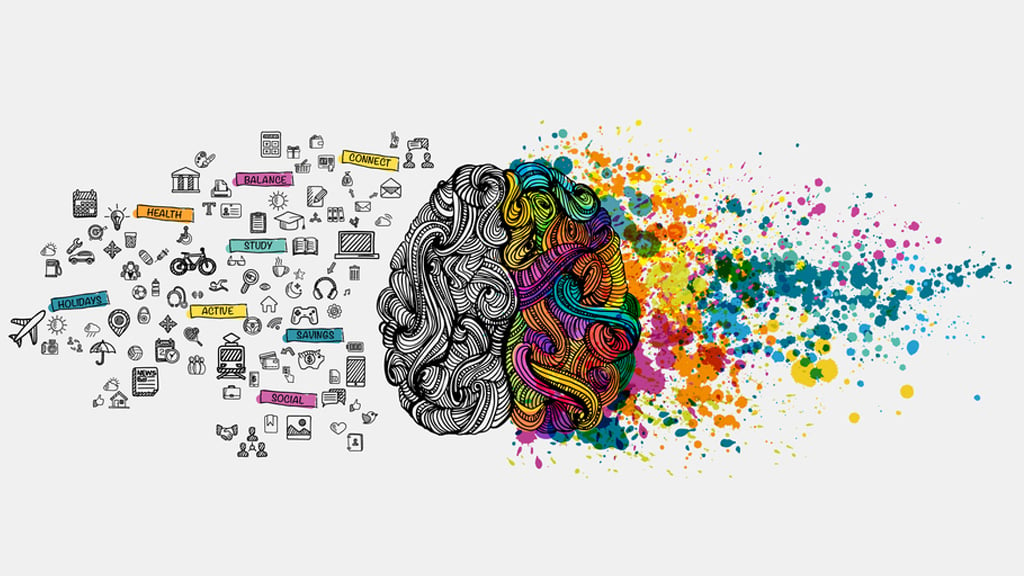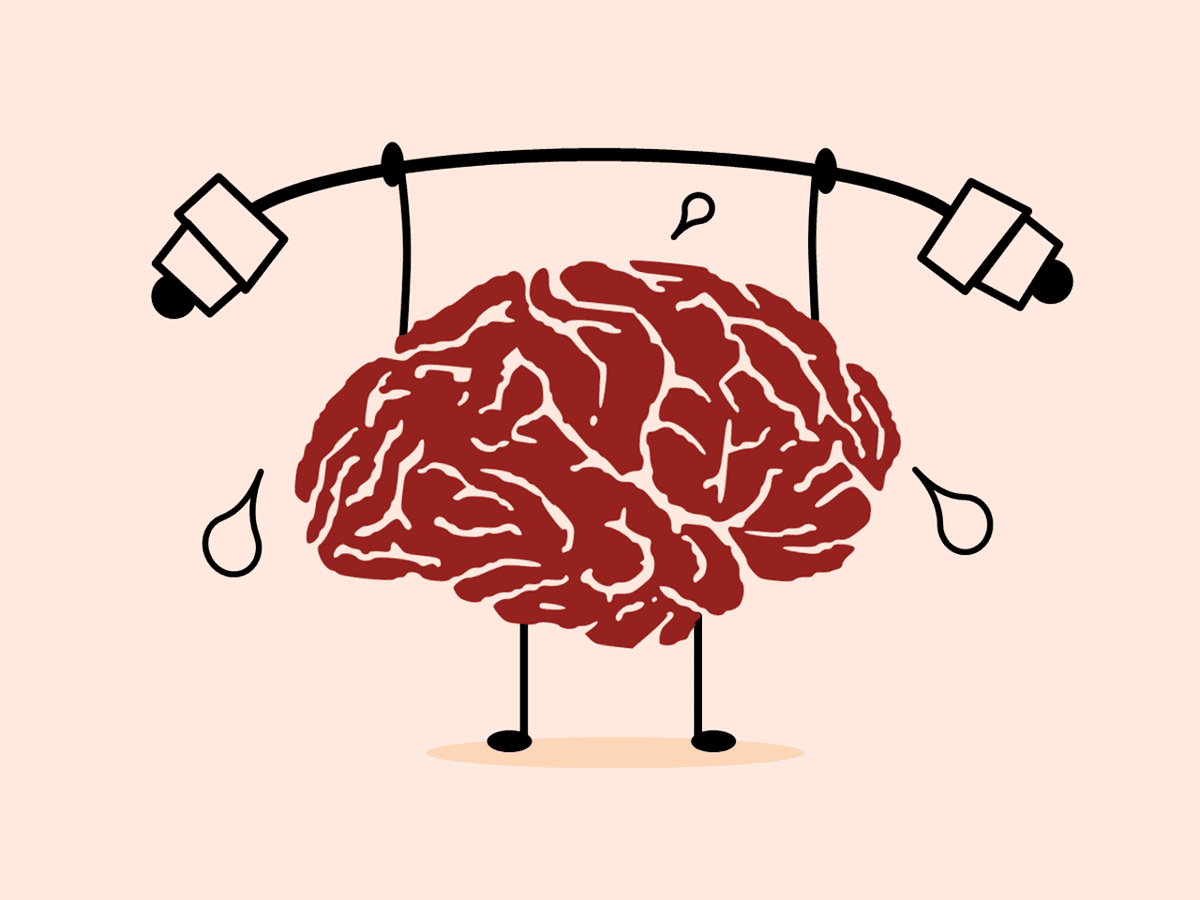Steps to Access Specialized Inpatient Mental Health Treatment
Steps to Access Specialized Inpatient Mental Health Treatment
Blog Article
Comprehensive Inpatient Mental Health And Wellness Services for Effective Treatment
Inpatient psychological health and wellness solutions represent a vital component of the health care system, giving a extensive and structured environment for individuals experiencing serious mental distress. These solutions employ a multidisciplinary technique, integrating various evidence-based therapies to resolve the complex requirements of people. The performance of such comprehensive care prolongs past prompt stablizing; it additionally encompasses the transition to outpatient support, an important stage usually overlooked - Inpatient Mental Health Program. Discovering the subtleties of this continuum discloses substantial effects for both individual recovery and broader mental health outcomes. What factors truly influence this transition, and how can we enhance its effectiveness?
Comprehending Inpatient Mental Health And Wellness Services
Inpatient psychological wellness services offer crucial support for people experiencing extreme emotional distress that can not be managed effectively in an outpatient setup. These services are designed to supply an intensive level of treatment in a structured setting, typically within a health center or specialized facility. Patients confessed to inpatient programs generally present severe symptoms, such as self-destructive ideation, severe clinical depression, or psychosis, requiring continuous tracking and treatment.
The admission process generally includes a comprehensive evaluation by psychological health and wellness specialists, who examine the individual's frame of mind, history, and instant demands. Once confessed, patients participate in a selection of therapeutic modalities customized to their certain needs, consisting of medicine management, specific therapy, and group sessions. This all natural approach aims to maintain the patient's condition, promote safety and security, and foster coping skills.
Inpatient mental health and wellness solutions not just address immediate health and wellness worries yet also work as a bridge to recurring treatment. By providing a controlled atmosphere, these solutions promote the development of treatment plans that can be continued in outpatient settings, therefore making certain a continuum of care and improving long-term results for individuals with complicated psychological wellness demands.
Trick Elements of Effective Therapy
Effective treatment in inpatient mental health and wellness services makes up a number of crucial parts that cultivate recuperation and stablizing. A comprehensive assessment is essential to identify the person's details demands and difficulties. This evaluation informs the development of a customized therapy strategy, which serves as a roadmap for intervention.
Another crucial component is the multidisciplinary group strategy. Cooperation among psychiatrists, psycho therapists, registered nurses, and social workers guarantees that various perspectives contribute to the patient's treatment, improving the effectiveness of therapy. Evidence-based restorative techniques, such as cognitive-behavioral therapy (CBT) and dialectical behavior modification (DBT), are also indispensable, supplying structured strategies that attend to maladaptive thought patterns and behavior problems.

Finally, a focus on aftercare preparation is critical to make sure a seamless transition to outpatient solutions, reducing the risk of regression and promoting lasting health. These collective parts produce an effective therapy framework within inpatient psychological health and wellness solutions.
Benefits of Comprehensive Care

Detailed treatment in inpatient mental health and wellness solutions supplies various advantages that significantly improve individual end results. One of the main benefits is the all natural approach to treatment, attending to not just the psychological symptoms however additionally the physical, social, and psychological needs of clients. This complete analysis permits tailored interventions that promote general wellness.
An additional advantage is the assimilation of multidisciplinary groups, which fosters collaboration among health care specialists. This joint setting makes certain that patients receive coordinated care, decreasing the danger of fragmented treatment and improving communication amongst caretakers. In addition, thorough treatment facilitates continuity of services, enabling for smooth shifts from inpatient to outpatient settings, which is important for long-lasting healing.

Lastly, the structured environment of comprehensive inpatient care provides a secure space for patients to participate in healing tasks, assisting them establish coping techniques and resilience. Collectively, these advantages add to a lot more efficient treatment and improved lifestyle for individuals experiencing psychological health crises.
Evidence-Based Therapeutic Approaches
In the realm of mental health treatment, evidence-based restorative strategies play an important function in making sure that people get reliable and medically supported interventions. These methods integrate the most effective offered research with clinical experience and individual values, cultivating a customized treatment experience that resolves private demands.
Cognitive Behavioral Treatment (CBT) is one of the most extensively recognized evidence-based techniques, concentrating on identifying and altering adverse thought patterns and habits. This organized approach has shown efficiency in dealing with problems such as anxiety, anxiety, and ptsd. Dialectical Habits Treatment (DBT) is especially reliable for people with borderline individuality problem, stressing the growth of psychological law and social performance abilities.
In addition, drug monitoring is usually an integral component of evidence-based therapy, as psychotropic drugs can relieve signs and symptoms and boost total performance. Collective care models, which involve multidisciplinary groups, better boost the effectiveness of inpatient services by guaranteeing extensive evaluations and continual surveillance.
Eventually, the combination of evidence-based therapeutic approaches not just advertises positive clinical end results however also empowers people, cultivating a sense of company and strength in their mental health trips.
Transitioning to Outpatient Support
The change from inpatient psychological health solutions to outpatient support marks a critical stage in a client's recovery trip. This period calls for careful preparation and sychronisation to ensure connection of care and to alleviate the risks of regression or crisis. Reliable discharge planning need to begin early in the inpatient keep, including a multidisciplinary group that includes psychoanalysts, psychologists, registered nurses, and social workers.
Crucial element of an effective transition include the development of a detailed aftercare strategy tailored to the person's specific requirements. This strategy ought to lay out follow-up appointments, medicine monitoring, and restorative treatments, as well as see here now determine area resources and support teams that can facilitate continuous recuperation.
Furthermore, client and family education and learning is vital during this phase. Understanding the indicators of possible setbacks and the significance of sticking to therapy can empower clients and their support group.
Normal follow-up and reassessment of the outpatient plan are necessary to resolve evolving challenges. By promoting a collective partnership in between outpatient and inpatient companies, the probability of continual recuperation rises, inevitably review enhancing the patient's lifestyle and decreasing the danger of readmission.

Final Thought
In recap, extensive inpatient psychological wellness services use an essential framework for resolving severe psychological distress with a multidisciplinary strategy. By integrating evidence-based therapies, promoting an organized environment, and promoting household participation, these solutions boost treatment efficiency. The emphasis on security and the growth of dealing skills not only aids in instant healing yet additionally facilitates a smoother shift to outpatient treatment. Inevitably, such thorough treatment is vital for long-term mental health and wellness and wellness.
The admission procedure generally entails a thorough analysis by psychological wellness specialists, that examine the individual's psychological state, history, and immediate requirements.Efficient treatment in inpatient mental wellness solutions consists of a number of essential components that foster recuperation and stablizing.Detailed care in inpatient mental wellness services offers numerous advantages that substantially improve patient end results.The shift from inpatient mental wellness solutions to outpatient support notes an important phase in a person's healing journey.In recap, extensive inpatient mental health and wellness services supply a necessary framework for dealing with serious psychological distress with a multidisciplinary approach.
Report this page